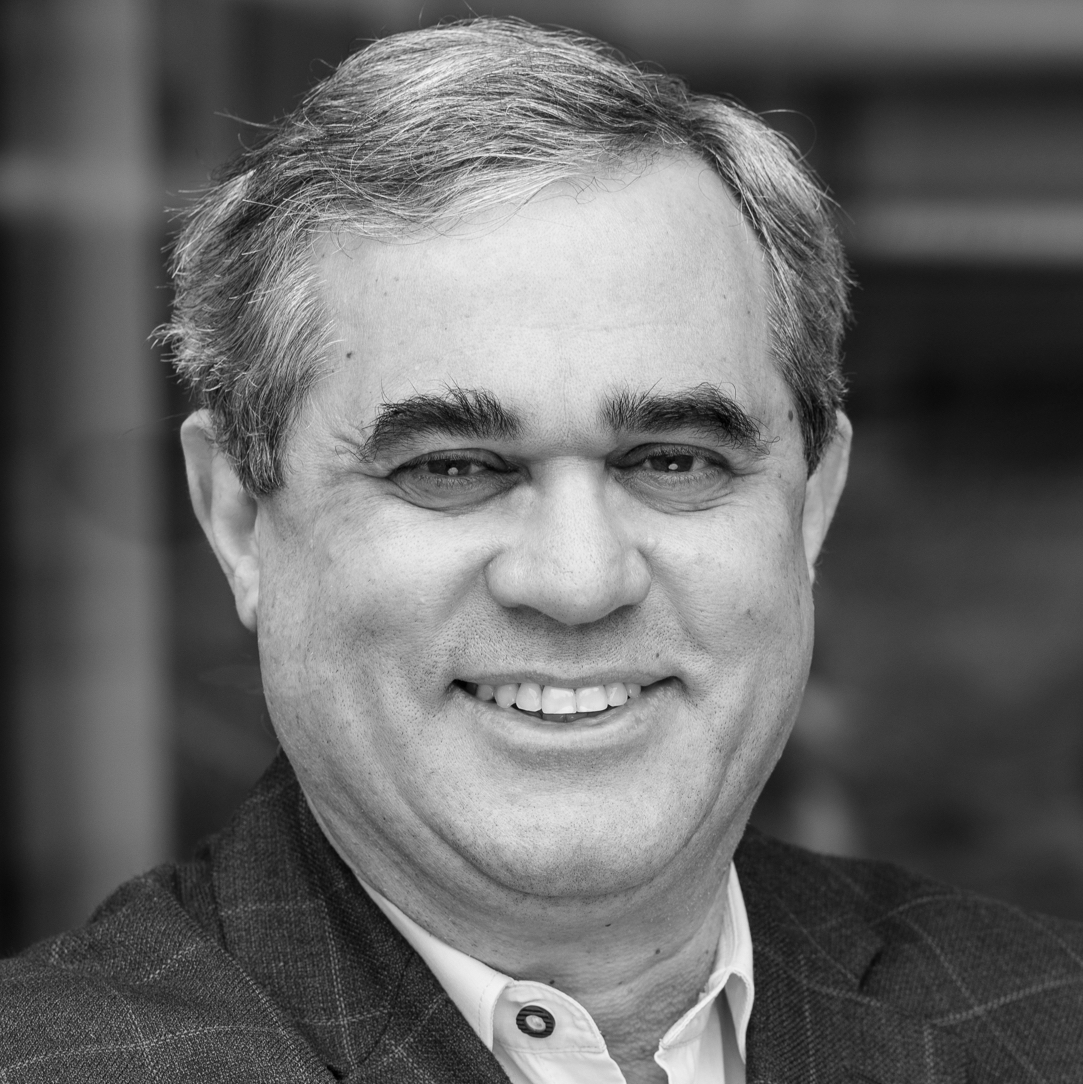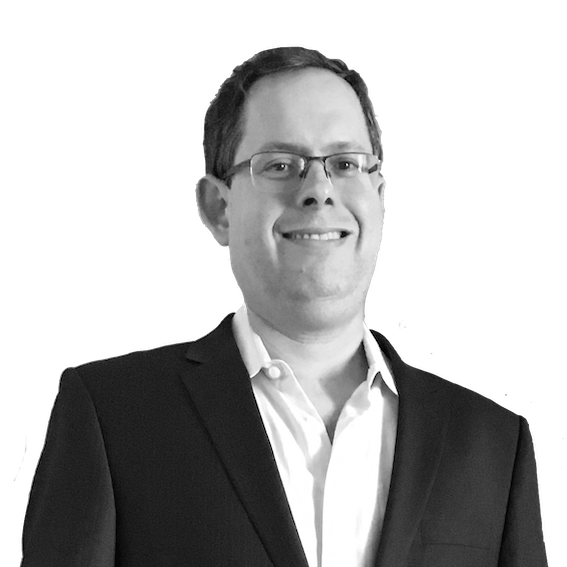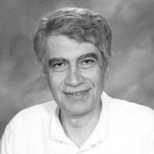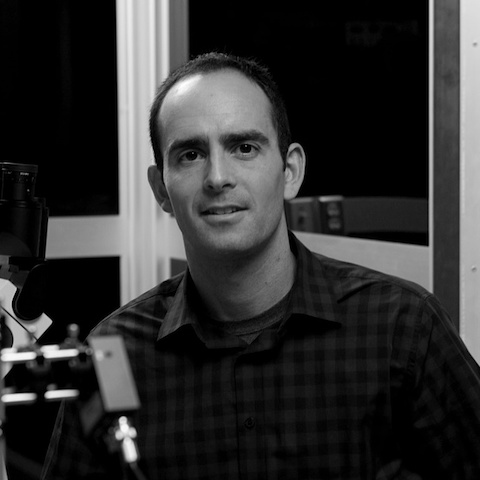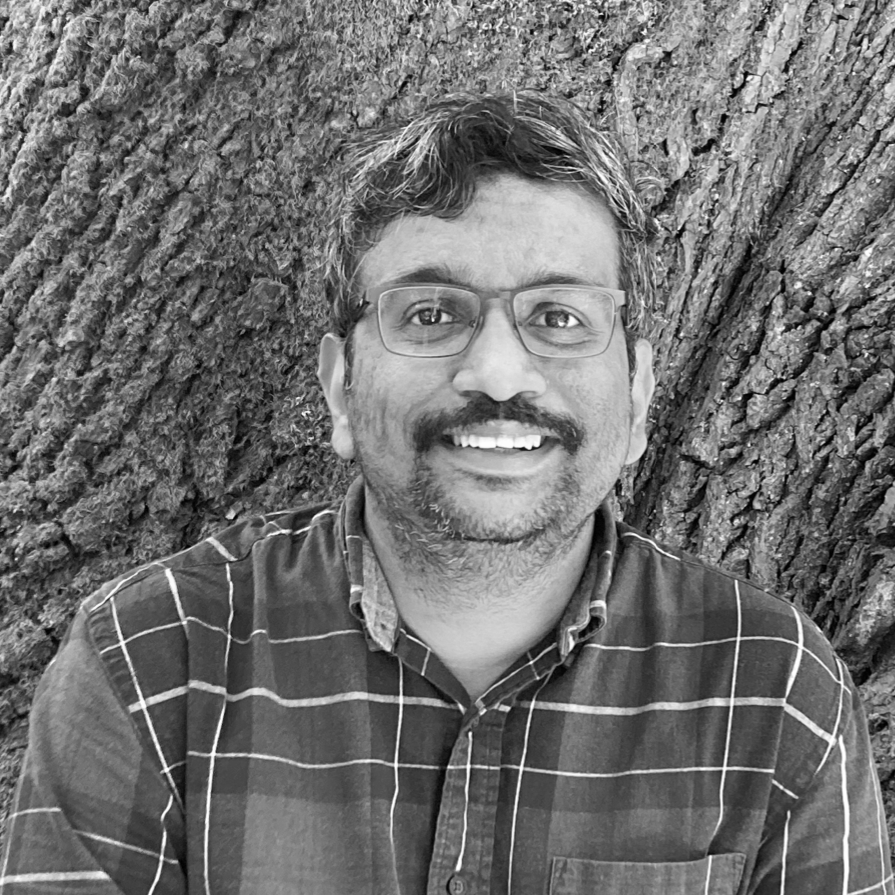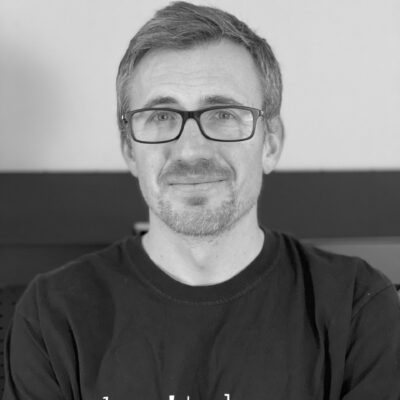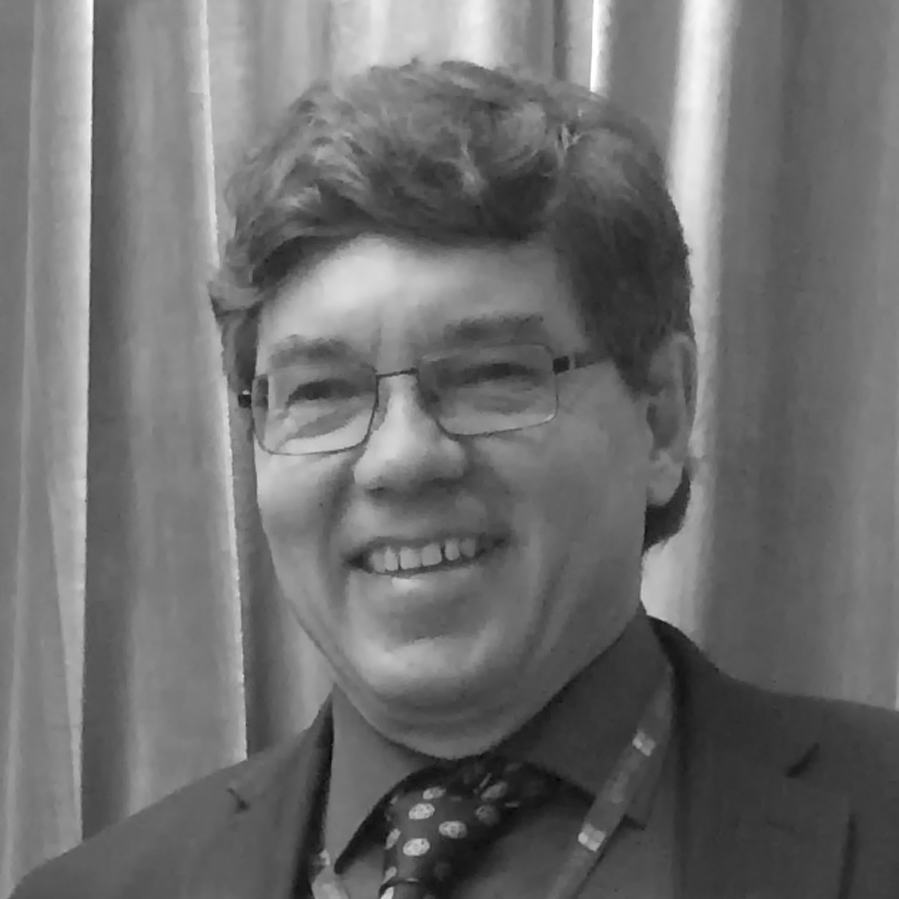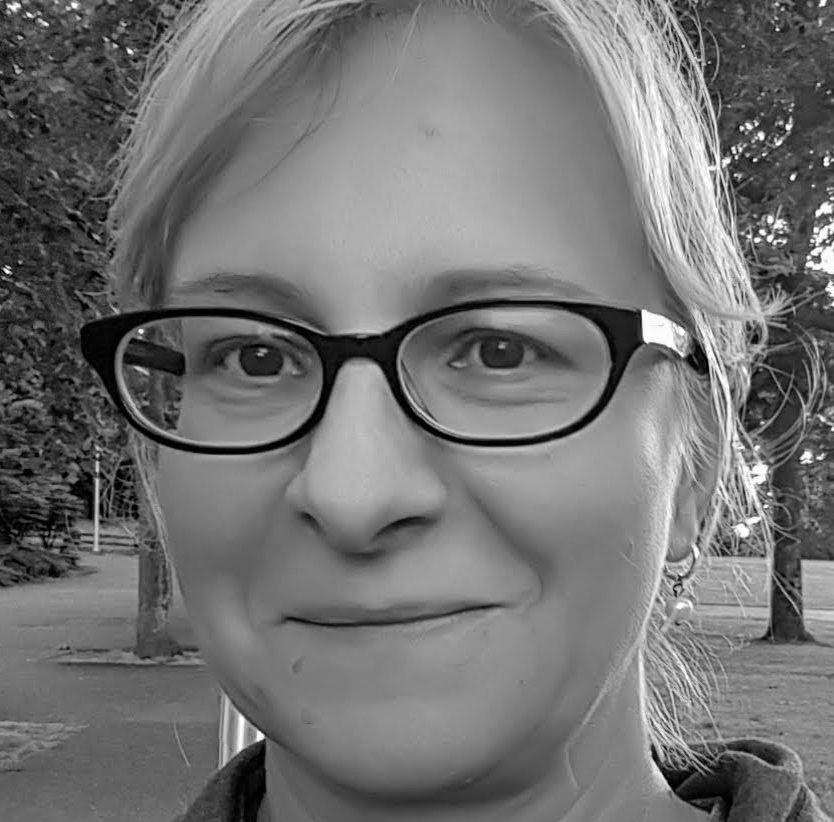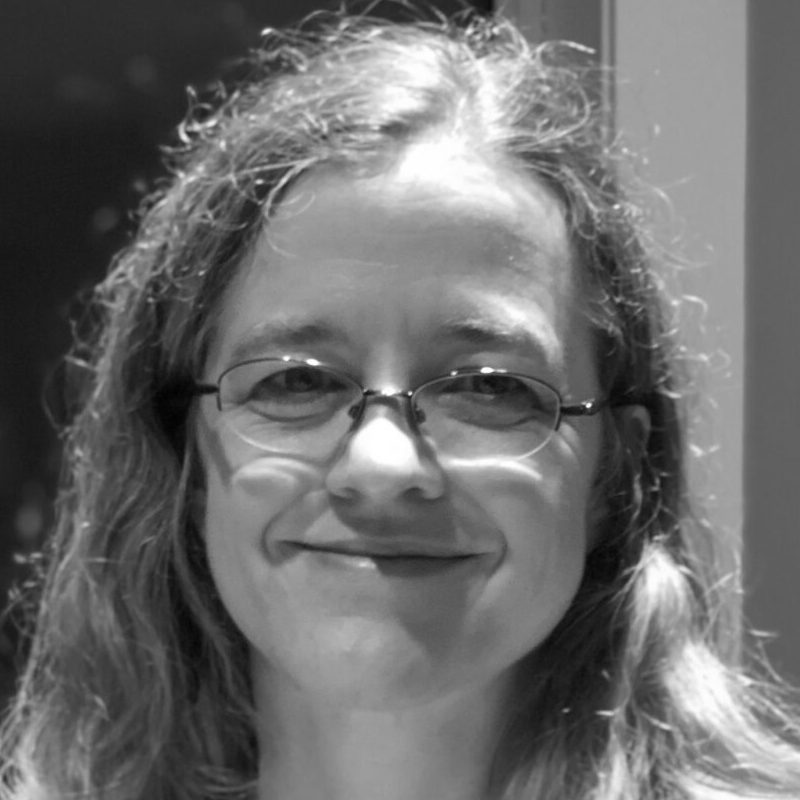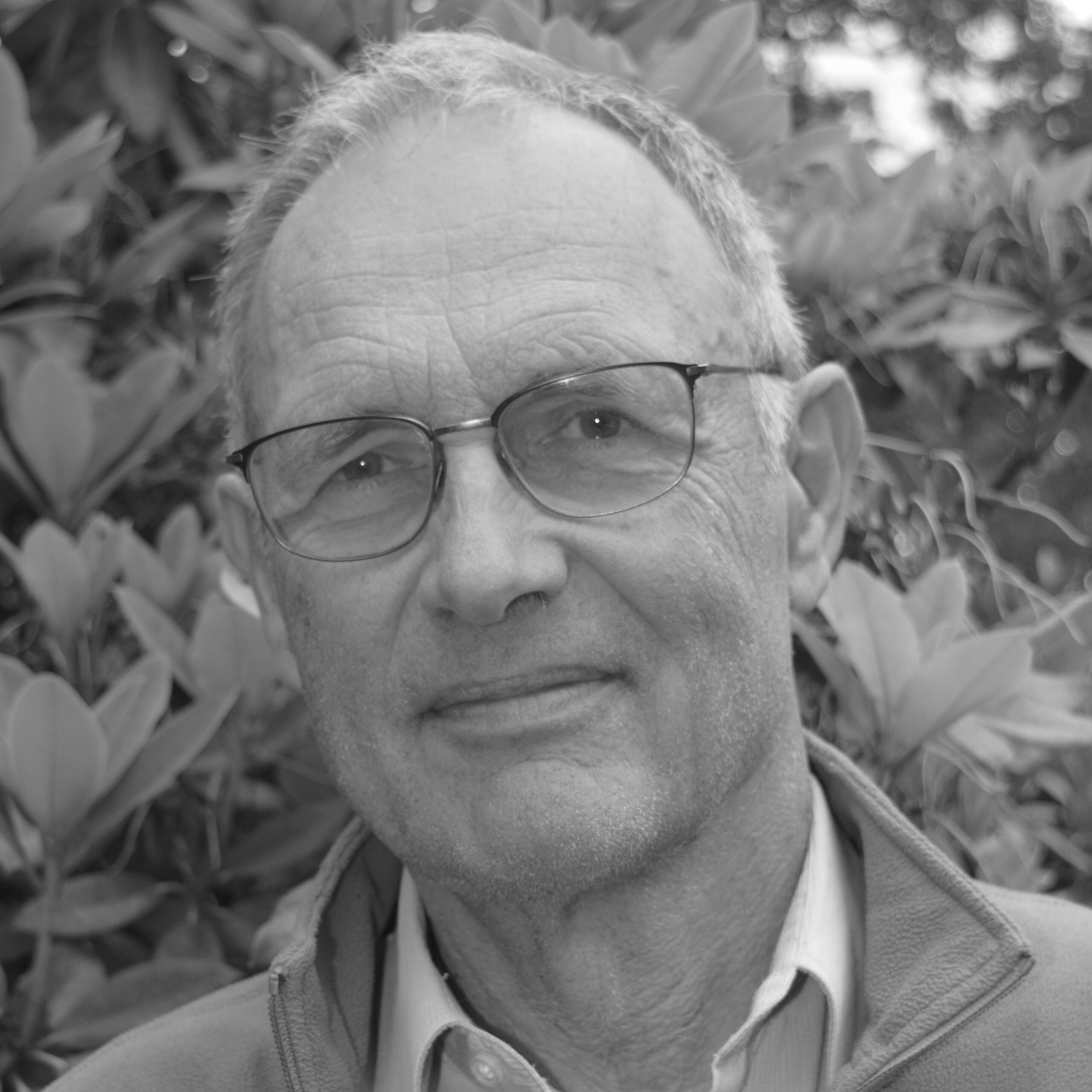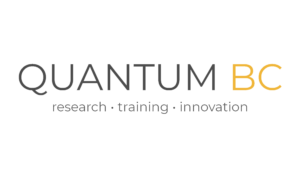PEOPLE
The people listed below reflect the Quantum Computing research community within universities and research institutes across British Columbia in Canada.
Thomas Baker
Position: Assistant Professor
Categories: Algorithms, Applications, Fundamental Theory, Graduate Research Training Program, Spins in Si, Superconducting, UVic
Location: UVic
Thomas Baker is an Assistant Professor in the Department of Physics & Astronomy and also the Department of Chemistry at the University of Victoria in British Columbia, Canada. He earned a M.Sc. from California State University, Long Beach where he graduated on the Dean’s List of Scholars and Artists and held a graduate research fellowship. He earned a Ph.D. from the University of California, Irvine with the support of the Achievement Rewards for College Scientists (ARCS) fellowship before he was the Prized Postdoctoral Scholar in Quantum Sciences and Technology at Institut quantique at l’Université de Sherbrooke. He recently was a Fulbright U.S. Scholar at the University of York in the United Kingdom.
Thomas’s research interests are widespread in the field of quantum computing. He is interested in how to make quantum computers and design quantum materials for qubits and quantum error-correction. He also develops new algorithms for quantum chemistry on the quantum computer. Many times, numerical examples are produced in a custom-built tensor network library called DMRjulia, but other techniques are also used.
Thomas Baker
Assistant Professor
Thomas Baker is an Assistant Professor in the Department of...
Alexandre G. Brolo
Position: Professor
Categories: Graduate Research Training Program, Photonics, Quantum Hardware, UVic
Location: UVic
Dr. Alexandre G. Brolo is Professor of Chemistry at the University of Victoria in British Columbia, Canada. He obtained his M.Sc. from the University of Sao Paulo (Brazil)and his Ph.D. from the University of Waterloo (Canada) in 1998. Dr. Brolo’s research interests are on the fabrication of nanostructured metal surfaces; the investigation of their optical properties; and their application in single molecule spectroscopy. Dr. Brolo has participated as author/co-author iin about 180 peer-reviewed research papers, reviews and book chapters. He is well-known for his work on the development of new types of surface Plasmon resonance sensors and on the field of surface-enhanced spectroscopy, particularly on surface-enhanced Raman scattering (SERS). The Brolo group is investigating the generation of entangled photons from single molecule emissions that can be used for quantum information processes.
Alexandre G. Brolo
Professor
Dr. Alexandre G. Brolo is Professor of Chemistry at the...
Rogério de Sousa
Position: Associate Professor
Categories: Algorithms, Graduate Research Training Program, Photonics, Quantum Hardware, Spins in Si, Superconducting, Undergraduate Training, UVic
Location: UVic
Prototype “noisy” quantum computers based on several different technologies are now accessible over the cloud. However, the level of noise is often 10-100 times higher than the error correction threshold, hindering demonstrations of quantum advantage over conventional computers. The de Sousa research group is addressing this problem in both the hardware and software fronts. In hardware, the group is developing theory to elucidate the origin of noise and decoherence in the materials and devices used to build quantum computers. These theories are being compared to experiments at universities and companies around the world. In software, the research group is developing algorithms to benchmark and mitigate noise, and is using these findings to improve the output of quantum algorithms in cloud-based devices.
Rogério de Sousa
Associate Professor
Prototype "noisy'' quantum computers based on several different technologies
Nikitas Dimopoulos
Position: Professor
Categories: Algorithms, Applications, Graduate Research Training Program, UVic
Location: UVic
Nikitas Dimopoulos received a B.Sc. degree in Physics from the University of Athens and a M.Sc. and Ph.D. degrees in Electrical Engineering from the University of Maryland, College Park in 1975, 1976 and 1980 respectively. He joined the Department of Electrical and Computer Engineering, University of Victoria (U.Vic.) in 1988 where he is currently Professor and Lansdowne Chair in Computer Engineering. He served as the Chair of the Department (1998- 2003, 2005-2008) and was Visiting Professor at the Computer Engineering Laboratory, Delft University of Technology (2001).
Previous to his appointment at UVic, he was Assistant and then Associate Professor at the Department of Electrical Engineering, Concordia University (1980- 1987) and member of the Technical Staff at the Jet Propulsion Laboratory, Pasadena, CA (1986-1987). He has served as external evaluator for several Electrical and Computer Engineering Departments in Canada and internationally, on National and International adjudication panels (BCSC, CFI, NSERC Centers of Excellence, Graduate Programs – Greek Ministry of Education) and has been Accreditation Program Visitor for the CEAB.
His fields of interest are in Computer Architecture, Neural Networks and Quantum Computing. His research has been funded by NSERC, the Canadian Cable Labs Fund, ASI, CFI and CMC. He has over 200 publications including edited volumes, refereed journal and conference papers and technical reports. He and his students received a best paper award at the 2020 IEEE International Conference on Quantum Computing and Engineering Professor Dimopoulos is a Professional Engineer registered with Engineers and Geoscientists in British Columbia, a Life Senior Member of the IEEE and Fellow of the Engineering Institute of Canada.
Nikitas Dimopoulos
Professor
Nikitas Dimopoulos received a B.Sc. degree in Physics from the...
Reuven Gordon
Position: Professor
Categories: Graduate Research Training Program, Photonics, Quantum Hardware, UVic
Location: UVic
Reuven Gordon is a Professor in the Department of Electrical and Computer Engineering, University of Victoria. He has received a Canadian Advanced Technology Alliance Award (2001), an Accelerate BC Industry Impact Award (2007), an AGAUR Visiting Professor Fellowship (2009), the Canada Research Chair in Nanoplasmonics (2009-2019), the Craigdarroch Silver Medal for Research Excellence (2011), a Fulbright Fellowship (2016), an NSERC Discovery Accelerator (2017), the Faculty of Engineering Teaching Award (2017) and an JSPS Invitational Fellowship (2020). He is a Fellow of the Optical Society of America (OSA), the Society for Photographic Instrumentation Engineers (SPIE), and the Institute for Electrical and Electronic Engineers (IEEE). Dr. Gordon has authored and co-authored over 170 journal papers (including 13 invited contributions). He is co-inventor for five patents and two patent applications. Dr. Gordon is a Professional Engineer of BC. Dr. Gordon has been recognized as an “Outstanding Referee” by the American Physical Society. He has also served as conference chair for several conferences, including SPIE NanoScience + Engineering and NFO16. Dr. Gordon is an Associate Editor for Optics Express and on the Editorial Advisory Board for Advanced Optical Materials. Dr. Gordon’s group researches single photon sources for quantum information technologies, as well as quantum plasmonics.
Reuven Gordon
Professor
Professor in the Department of Electrical and Computer Engineering, University...
Sajin Koroth
Position: Assistant Professor
Categories: Fundamental Theory, Graduate Research Training Program, Undergraduate Training, UVic
Location: UVic
I am a theoretical computer scientist interested primarily in complexity theory, circuit complexity (including quantum circuits), communication complexity, quantum information theory, and interconnections between these subjects. My work in quantum computing is in quantum information theory and focused on understanding the structure of problems where quantum computation models with few quantum gates can achieve provable exponential speed up over classical computing.
I am currently an assistant professor at the department of computer science at UVic. Earlier I was a postdoctoral researcher at Simon Fraser University, hosted by Valentine Kabanets and Igor Shinkar. Before that, I was a postdoctoral fellow at the University of Haifa hosted by Or Meir. During this time, I attended the Simons program on Lowerbounds in Computational Complextiy at University of California, Berkeley as a visiting postdoc. I completed my Ph.D. (thesis, joint winner of IBM India Outstanding Ph.D. Thesis Award) from Indian Institute of Technology, Madras under the guidance of Jayalal Sarma.
Sajin Koroth
Assistant Professor
Sajin is a theoretical computer scientist interested primarily in complexity...
Andrew MacRae
Position: Adjunct Assistant Professor
Categories: Ions traps and AMO, Photonics, Quantum Hardware, UVic
Location: UVic
Andrew MacRae is an adjunct Assistant Professor and Senior Lab Instructor in the Department of Physics and Astronomy at the University of Victoria. He obtained his PhD in Physics from the University of Calgary, studying the production of quantum optical states in atomic media. Following this, he studied Bose Einstein Condensates as a postdoc in the group of Dan M Stamper-Kurn at the University of California, Berkeley. He then spent a year as a software engineer making control algorithms for ultra-precise machining before joining UVic in 2016.
His present research direction is the mapping of quantum information into and out of atomic media, using nonlinear optical processes. The primary aim of this research is to create a reliable interface between qubits held in collective spin ensembles, and optical “flying” qubits that can be transported via optical fibers.
Andrew MacRae
Adjunct Assistant Professor
Andrew MacRae is an adjunct Assistant Professor and Sr. Lab...
Hausi Müller
Position: Professor
Categories: Algorithms, Applications, Graduate Research Training Program, Software Engineering, UVic
Location: UVic
Hausi Müller is a Professor of Computer Science at the University of Victoria. He was Associate Dean of Research, Faculty of Engineering (2009-2019). He is Co-Chair IEEE Future Directions Quantum Initiative and serves on the IEEE Conferences Committee (2019-2021). He is Founder and General Chair of IEEE Quantum Week, the IEEE International Conference on Quantum Computing & Engineering (QCE20 & QCE21). He was Vice President of IEEE Computer Society (CS) Technical and Conferences Activities (T&C) Board (2016–2018), Chair CS Technical Council on Software Engineering (2011-2015). He teaches a graduate & 4th year course on quantum algorithms and software engineering. With his research group, he collaborates extensively with industry as an international expert in software engineering, software evolution, quantum computing, hybrid quantum-classical algorithms, adaptive systems, IoT, and intelligent cyber-physical systems. He is co-investigator of an IBM CAS Project on Quantum Problem Solving and Algorithm Design. He is a principal investigator for two NSERC Collaborative Research and Training Experience (CREATE) team grants on Quantum Computing and Dependable Internet-of-Things Applications (DITA).
Hausi Müller
Professor
Hausi Müller is a Professor of Computer Science at the...
Irina Paci
Position: Professor
Categories: Applications, Graduate Research Training Program, UVic
Location: UVic
Irina Paci is a Professor of Chemistry at the University of Victoria (UVic). She obtained her Ph.D at Queen’s University in Kingston, Ontario in 2003 and joined the faculty at UVic in 2007 after a postdoctoral position with the Theoretical Chemistry Group at Northwestern University. Her research interests lie in the development of computational chemistry approaches for modelling nanostructured materials and related systems. These approaches usually involve a combination of statistical and quantum chemical methods, in order to capture the quantum behaviour of nanoscale features when modelling large-scale materials. In particular, her group’s research has focused on nanostructure self-assembly, catalytic processes in atomic layer deposition, and the optical and dielectric properties of optoelectronic materials. Recently, her group has been interested in methods interfacing quantum chemistry on quantum computers and classical computers and their applications in accelerating materials discovery.
Irina Paci
Professor
Irina Paci is a Professor of Chemistry at the University...
Ulrike Stege
Position: Associate Professor
Categories: Algorithms, Applications, Graduate Research Training Program, K-12 Outreach and Diversity, Software Engineering, UVic
Location: UVic
Ulrike Stege is an Associate Professor of Computer Science at the University of Victoria. She received a diploma in Mathematics from Albert-Ludwigs Universität Freiburg, Germany, and a doctorate from ETH Zürich, Switzerland. She was Computer Science Department Chair at the University of Victoria from 2014-2018. She is a co-founder and co-director of HighTechU, an innovative learning community for high-school-aged youth with focus on building professional skills, and exploring career pathways related to technology; part of HighTechU’s portfolio is the designing and offering of youth workshops in quantum computing. She teaches a graduate & 4th year course on quantum algorithms and software engineering. With her graduate students she works in the areas of algorithm development with focus on parameterized complexity, quantum computing with focus on hybrid quantum-classical algorithms, bioinformatics and cognitive psychology. She is a principal investigator of an IBM CAS Project on Quantum Problem Solving and Algorithm Design. Ulrike was Co-Chair of the Technical Paper Track on Quantum Workforce & Society, Posters Chair at IEEE Quantum Week 2021, Co-Chair of Pathways to Quantum: An introductory workshop on quantum computing for youth. She was also Co-Chair of CASCON 2020 Workshop on Quantum Computing: Challenges and Opportunities.
Ulrike Stege
Associate Professor
Ulrike Stege is an Associate Professor of Computer Science at...
Thomas Tiedje
Tom Tiedje is a Professor (Emeritus) of Electrical and Computer Engineering (UVic and UBC) and Physics and Astronomy (UBC). His research is in the area of semiconductor materials and devices particularly thin film growth, surface characterization and photovoltaic devices. Recently he has become a student of quantum computing. He is a recipient of the North American Molecular Beam Epitaxy Conference Innovator Award. He has a bachelor’s degree in Engineering Science from the University of Toronto and a PhD in Physics from UBC. After graduating he worked on solar photovoltaics at Exxon Research and Engineering Co before rejoining UBC and then UVic. He has served in a variety of administrative roles including group leader, founding director of AMPEL, department head and dean. He is a fellow of the American Physical Society, the Royal Society of Canada and the Canadian Academy of Engineering.
Thomas Tiedje
Professor
Tom Tiedje is a Professor (Emeritus) of Electrical and Computer...

